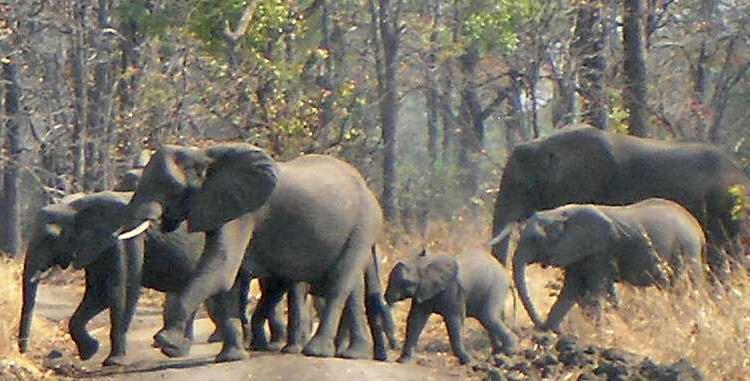
Liwonde National Park has seen wildlife translocations and reintroductions following the coming in of African Parks and now the Department of National Parks and Wildlife (DNPW Malawi) says it is optimistic wildlife will continue to thrive in the park.
According to African Parks, wildlife populations are on the rise at the Liwonde National Park as well as other parks and so is the number of people who are going to the park to marvel at the revival.

It is said that the number of Cheetahs, which were reintroduced in 2017 to bring the species back to the park after 100 years, has risen to 15 following newborns.
Lion reintroductions have also taken place this year with the recent one being the reintroduction of three lionesses to increase the lion population to five.
The three wild animals from South Africa flew on SAA Cargo and arrived at the park on July 19.
Reacting to the development, Director in the Department of National Parks and Wildlife Bright Kumchedwa said increasing wildlife numbers in Liwonde means restoration of the ecology in the park.
Kumchedwa told Malawi24 that this translates into tourism which makes a meaningful contribution to the country’s economic growth.
He added that this is very critical this time around when Malawi’s agricultural based economy is suffering a number of shocks.
The director further added that there is need for more effort from Malawians to completely bring back some of the wild animals lost due to poaching.
“I remain optimistic that few years down the line wildlife in Malawi will return to its old glory not only in Liwonde but also in other parks. For instance, there are some positive indications that wildlife has started to recover in Kasungu National Park where poaching had hugely thrived.
“There is no doubt in my mind that with strategies that are being implemented and the support that we are enjoying from our cooperating partners the wildlife will indeed excel,” Kumchedwa told Malawi24.
He added that there are visible signs that poaching is being contained in Liwonde and Kasungu National Parks as the illegal ivory trafficking which contributed massively to the decimation of Malawi’s iconic species of elephants is also showing signs of being contained.
Kumchedwa said his department implemented several ways to deal with poaching cases which include repealing the law which is now meting deterrent punishments to wildlife criminals.
He also said they have established a wildlife crime investigations unit and have further placed wildlife officers within ports of entry and exit of all Malawi’s wildlife reserves.
Meanwhile, it is said that the number of tourists at the Liwonde National Park is up 25% and revenue has increased by 70% since 2016.














